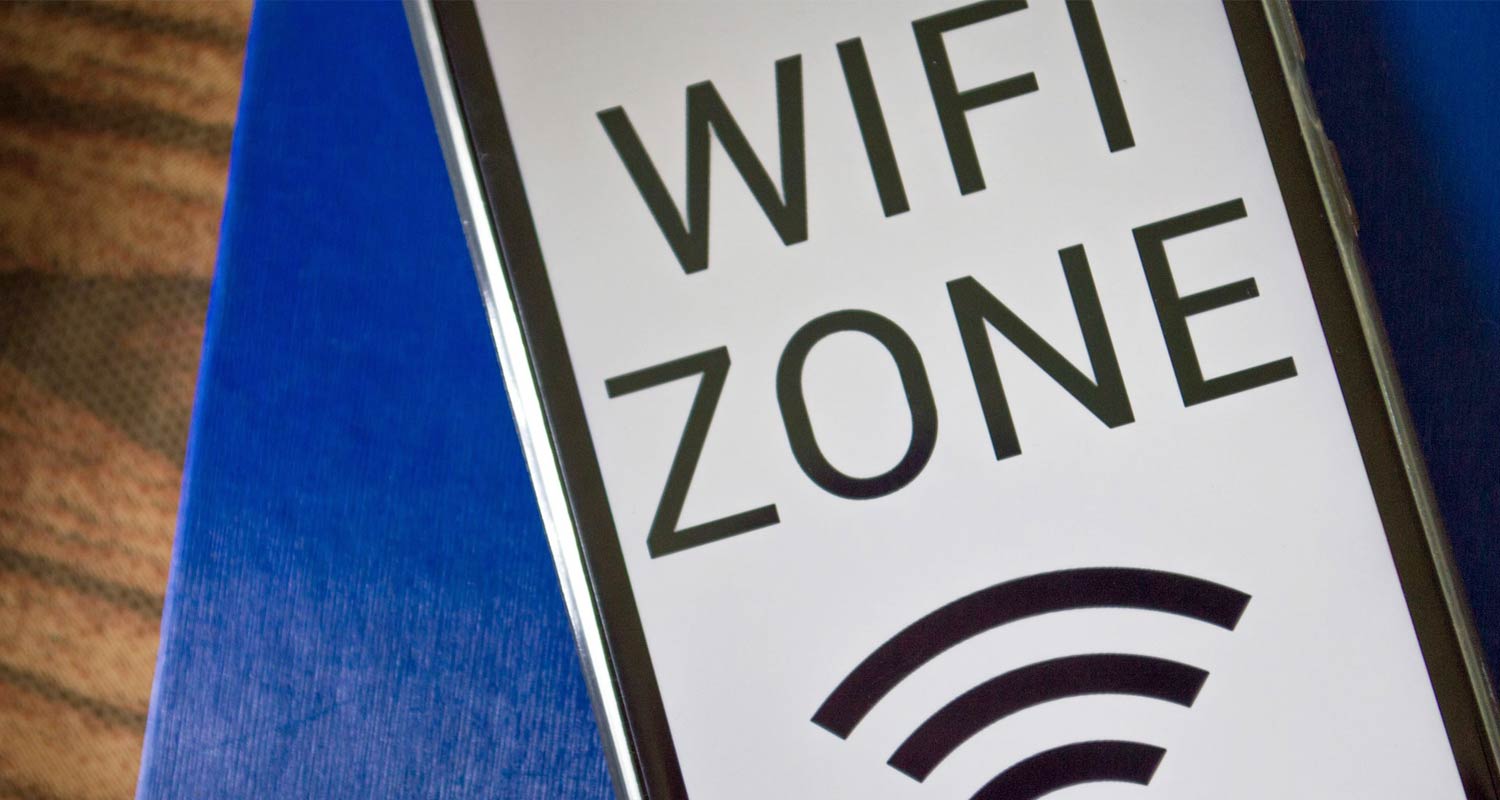 Government has announced plans to set radio frequency spectrum aside for “community use”. The spectrum will be used to deploy “free basic data” to poor, outlying and rural communities using Wi-Fi hotspots.
Government has announced plans to set radio frequency spectrum aside for “community use”. The spectrum will be used to deploy “free basic data” to poor, outlying and rural communities using Wi-Fi hotspots.
But an industry expert has slammed the plan, describing it as “vacuous”.
According to a government policy document on spectrum (PDF), published this week, the free data allocation will be determined on a per-household basis.
But exactly who will qualify for this allocation and how much data they will get is left to the determination of the communications minister, currently Mondli Gungubele, “through a regulatory framework/policy directive in consultation with the authority (Icasa)”. No mention is made of how the project will be funded.
“This spectrum policy supports the overarching principle of ‘leave no one behind’. Thus, the authority must review conditions for licensed spectrum to include ‘the spectrum for community use’,” said the document.
Government wants wireless local-area networks deployed to achieve the objectives of the policy document.
An Industry expert has, however, criticised the policy for a lack of detail about how the deployment will be done and for disregarding the “practical realities happening on the ground”, including the question of who will build the backhaul infrastructure to support the Wi-Fi networks.
‘Vacuous’
“This document is vacuous,” said Paul Colmer, spectrum specialist at the Wireless Access Provider’s Association (Wapa). “It says government ‘supports the principle of leave no one behind’ when it comes to internet access, but the reality is data has to come from somewhere and someone has to pay for it – this document does not say how this will be done.”
The policy document echoes a call in 2022 by former communications minister Khumbudzo Ntshavheni for government to provide 10GB/month of free data to every South African household.
The policy proposal is similar not only to Ntshavheni’s plan, but a raft of initiatives launched by ministers before her, all of which have failed, according to Colmer. “The question is, who is going to pay for it?”
Read: South Africa takes a step closer to spectrum trading
The new policy document called for a handbook to be developed to guide private internet service providers in building community networks.
But Colmer believes that wireless access providers, which typically use Wi-Fi spectrum to deliver services, have already done that. He cited examples of R5/day Wi-Fi networks that some industry players are deploying in low-income communities.

“We already know how to do this both technically – and in a commercially viable way – and we have been doing it for years. We need a focus on removing the hurdles that hinder us.”
Colmer said work to free the necessary spectrum for Wi-Fi has already been undertaken by Icasa, with the lower portion of 6GHz band now available for unlicensed, low-powered indoor use without any licensing.
Government must consider subsidising the roll-out of Wi-Fi to rural communities and smaller towns. But he warned that giving residents free data will erode any incentive that private investors have to deploy infrastructure in underserviced areas because the business case could go away. – © 2024 NewsCentral Media




